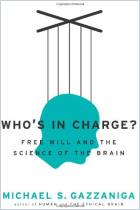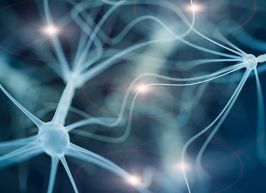
How the Brain ‘Constructs’ the Outside World
Neural activity probes your physical surroundings to select just the information needed to survive and flourish
Recommendation
Neuroscience assumed for decades that the brain starts as a “blank slate” onto which experience “paints” itself, thus becoming more complex over time. In fact, the brain is far more concerned with its own internal dynamics than with simply processing external stimuli, suggesting a more robust “inside-out” model for perception. Systems neuroscientist György Buzsáki’s experiments with rats reveal that neural activity is a constant interplay between internal processes and external stimulation. Cognition’s core lies in how the brain connects new experiences to foundational knowledge.
Summary
About the Author
György Buzsáki is a systems neuroscientist whose work has focused on the ways memories form and how brain rhythms segment neural information to support cognition. He was a co-recipient of the 2011 Brain Prize from the Lundbeck Foundation. Buzsáki is the author most recently of The Brain from Inside Out.

















Comment on this summary or Start Discussion